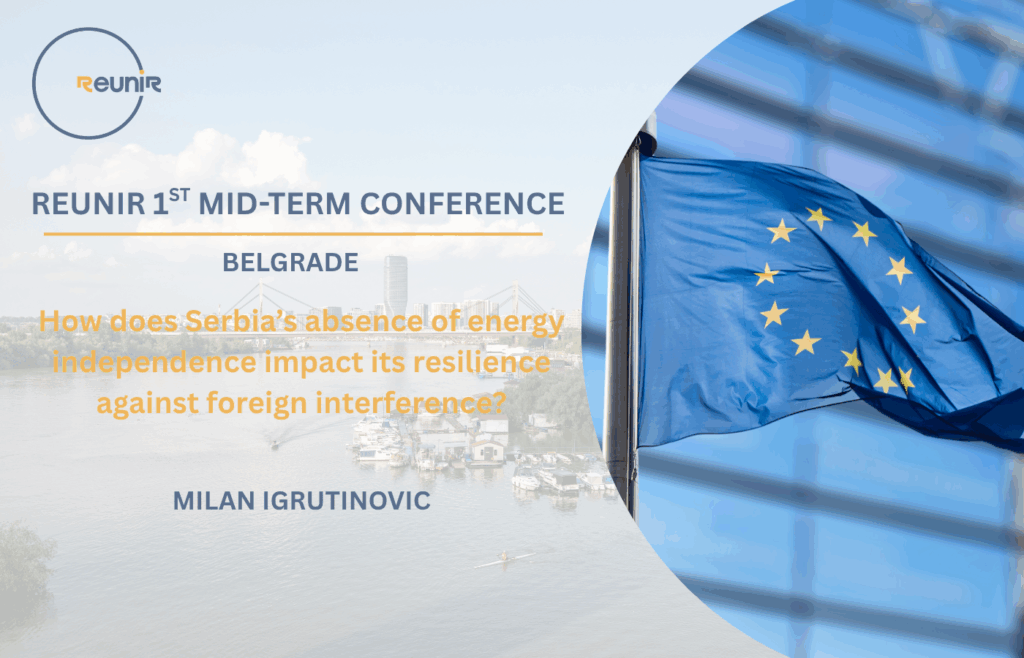How Does Serbia’s Lack of Energy Independence Undermine Its Resilience Against Foreign Interference?
Milan Igrutinovic, from the Institute for European Studies in Belgrade recently offered a compelling analysis of Serbia’s longstanding dependence on Russian energy. For nearly two decades, Russian companies, particularly Gazprom, have dominated Serbia’s gas market, creating a quasi-monopoly that has left the country with limited leverage over pricing and supply.
While Serbia has recently taken steps to diversify through interconnectors with Bulgaria and Greece, meaningful alternatives to Russian imports remain underdeveloped. This dependency extends beyond gas. The Serbian oil sector also remains heavily tied to Russian ownership, with the main oil monopoly under nominal U.S. sanctions. These sanctions have been repeatedly delayed, but if fully enforced, they could severely disrupt payments, imports, and operations, jeopardizing Serbia’s already constrained energy security.
The persistence of these structural dependencies not only limits Serbia’s strategic options but also exposes the country to geopolitical pressure. Despite opportunities to open the market and strengthen resilience, little progress has been made, in part because the issue remains largely absent from public debate.
Serbia now faces a critical choice: whether to continue postponing reforms or finally take concrete steps to build a more competitive, diversified energy system capable of withstanding external shocks.
Watch full video below:

